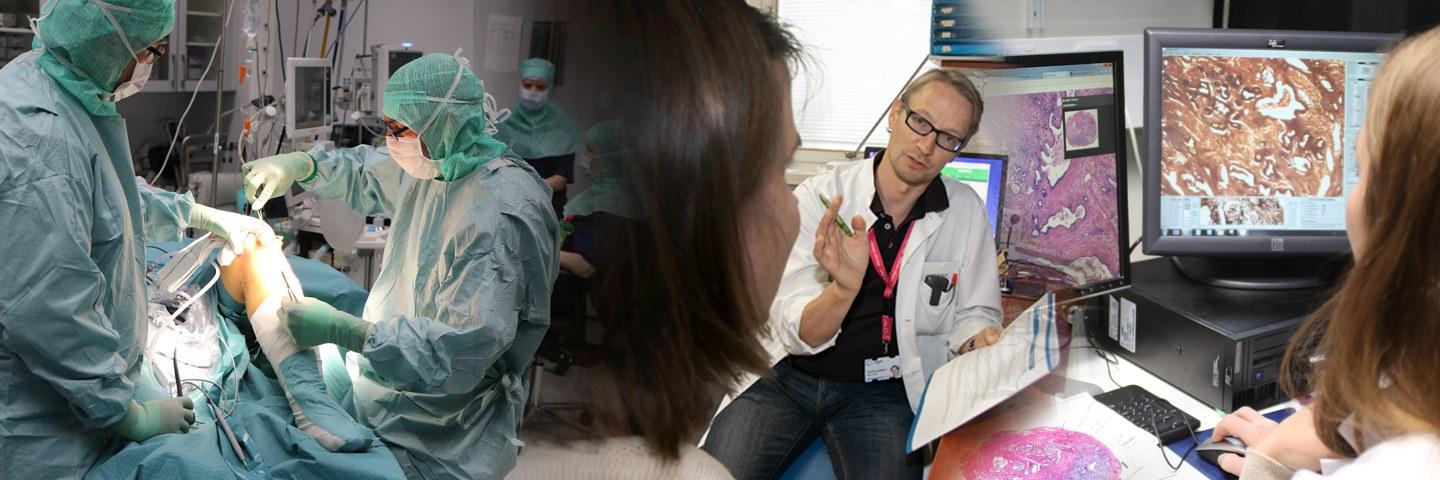Information in the genome is written in the bases of DNA and misspellings (mutations) in this code have sometimes profound effects leading to diseases. Yet, genome is not a static entity where information is only stored but it needs mechanisms to regulate the usage of this information i.e. gene activation and repression. Scientific advances in couple of last decades have taught us that there is a rather plastic interface between genome and environment. These epigenetic mechanisms include DNA methylation and plethora of different histone modifications which in turn regulate gene expression and a given gene expression state is inherited to the daughter cells. Perturbations in epigenetic mechanisms can also contribute to diseases such as cancer. One epigenetic regulator called ‘Polycomb’ has been shown to be overexpressed in endometrial-, breast-, colon-, lung-, and skin cancer. Cell type specific expression programs are orchestrated through regulated access to chromatin. Polycomb proteins regulate developmental gene expression. Polycombs are essential for embryonic stem cell self-renewal and pluripotency but they are also necessary for the maintenance of cell identity and cell differentiation throughout life. It has been shown that overexpressed polycomb keeps cells in more proliferative and lower differentiation state, which inevitably is one of the hallmarks of cancer.
Reminiscent to hyper-proliferative state in cancer the main manifestation of Celiac disease is also more proliferative and lower differentiation state, namely of the epithelium of the small intestine leading to food malabsorption. We’ve found that polycomb maintains the homeostasis between intestinal stem cells and mature epithelium. Moreover this homeostasis is broken when celiac patients are on gluten containing diet.
As celiac disease is an ailment with the strong autoimmune component in its pathogenesis we strive to understand how intestinal barrier (epithelium, immune cells and lamina propria cells) is dysregulated in the disease. In our projects we use human and mouse primary cell cultures (intestinal organoids, primary myofibroblasts etc) and genome-wide techniques (such as ChIP-Seq) in endeavours to understand how signalling is reigned in intestinal barrier and how epigenetic mechanisms are running the errands of the signalling.
Ryhmän johtaja
Keijo Viiri
yliopistotutkija Keijo Viiri
Keijo ViiriYhteyshenkilöt
Group leader
Head of laboratory unit at the Faculty of Medicine and Health Technology
Adj. Prof. Keijo Viiri
Email: keijo.viiri [at] tuni.fi (keijo[dot]viiri[at]tuni[dot]fi)
Phone number: +358503295700
Phone number: +358405549648
Kauppi Campus
Address: Arvo Ylpön katu 34, 33520 Tampere
